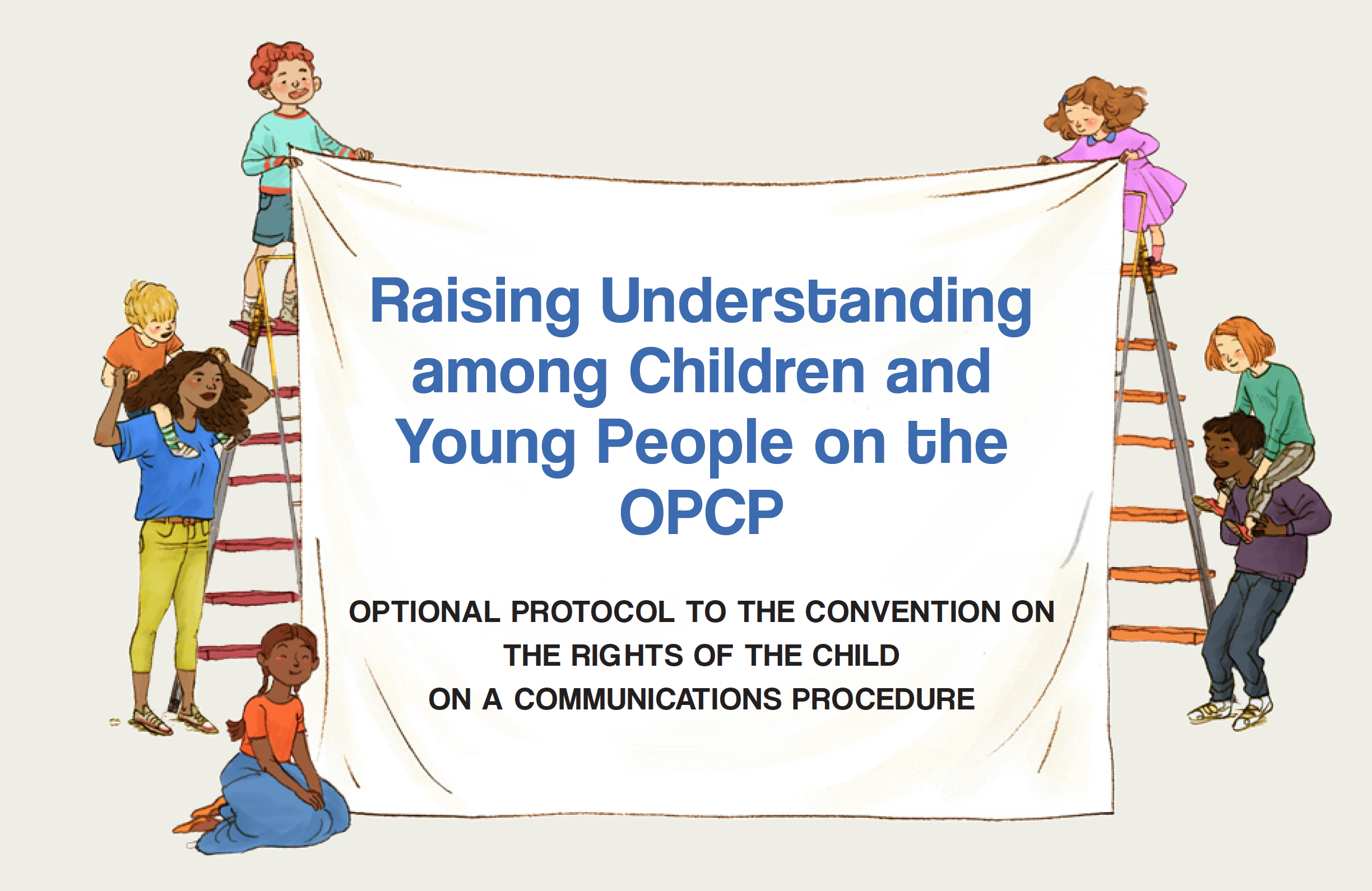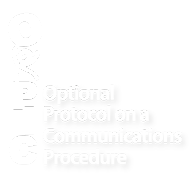Hello!
We have created this web page to help YOU understand what this new treaty, the Optional Protocol to the Convention on the Rights of the Child on a Communications Procedure, called OPIC for short, is all about.
But first, it’s important that you understand how your rights are defined by the United Nations (or UN) in a very important treaty called the Convention on the Rights of the Child.
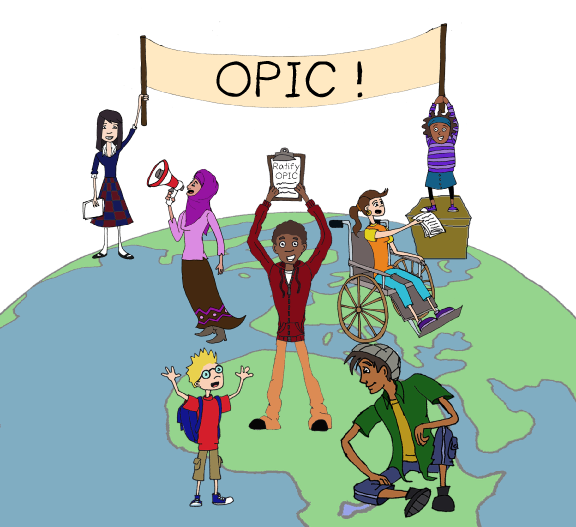
Your Rights
The UN has several treaties to protect the rights of children (all people under 18 years-old), but the main treaty that protects children’s rights is the Convention on the Rights of the Child or the UNCRC.
In order to further explain the rights in the UNCRC, the United Nations has drafted three shorter treaties called Optional Protocols.
The new OP that this website is about – the Optional Protocol on a Communications Procedure (OPIC), also known as the Third Optional Protocol to the UNCRC and sometimes referred to as “OP3CRC” – allows children to submit a complaint to the United Nations when their rights are not fully protected in their countries. These complaints are officially called “communications.” Children can also submit a request for the United Nations to conduct a country investigation if it is believed that grave or systematic violations to the rights of the child are occurring there. These are called requests for an “inquiry”.
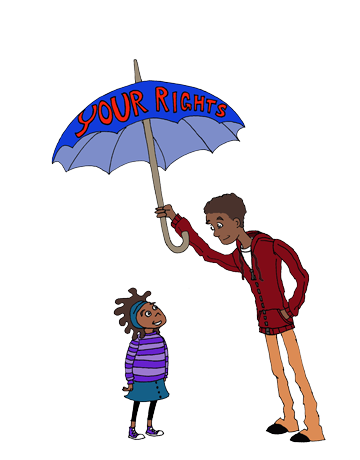
What is OPIC and how is it connected to your rights?
When we say children have rights, this means that people around them, for instance their family, teachers, the law enforcers, members of the community, and the government have the responsibility to make sure those rights are protected. However, this does not always work as it should. The OPIC gives children the option to complain to the United Nations about violations of their rights – like violence, being exploited or being discriminated against, if a solution cannot be found in their country.


Thanks to OPIC, you and children like you will be able to:
- Take your case to a UN Committee made up of 18 independent child rights experts called the Committee on the Rights of the Child. These experts know a lot about children’s rights and come from all over the world.
- Ask the Committee on the Rights of the Child to tell the people working for your government how they can respect and protect children’s rights.
- Get the UN to take notice of the violations you or other children suffered.
How Can OPIC Help You?
If the Committee on the Rights of the Child finds that there was a violation of children’s rights, it will make concrete recommendations and give advice to the government in the country where the violation happened.
These recommendations will name certain things that the people working for the government can do to provide a remedy, or solution, to make sure this violation of children’s rights will not happen again.
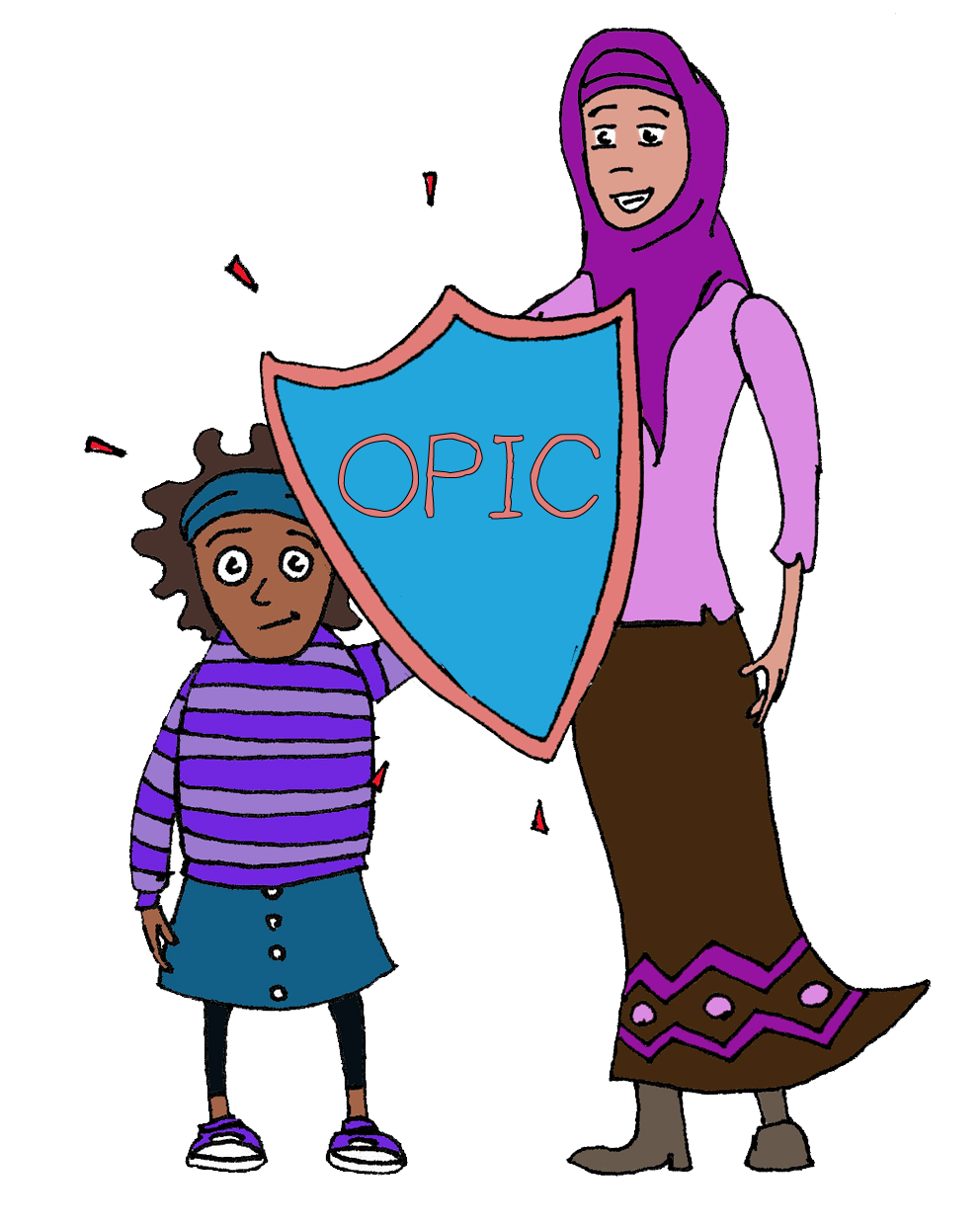
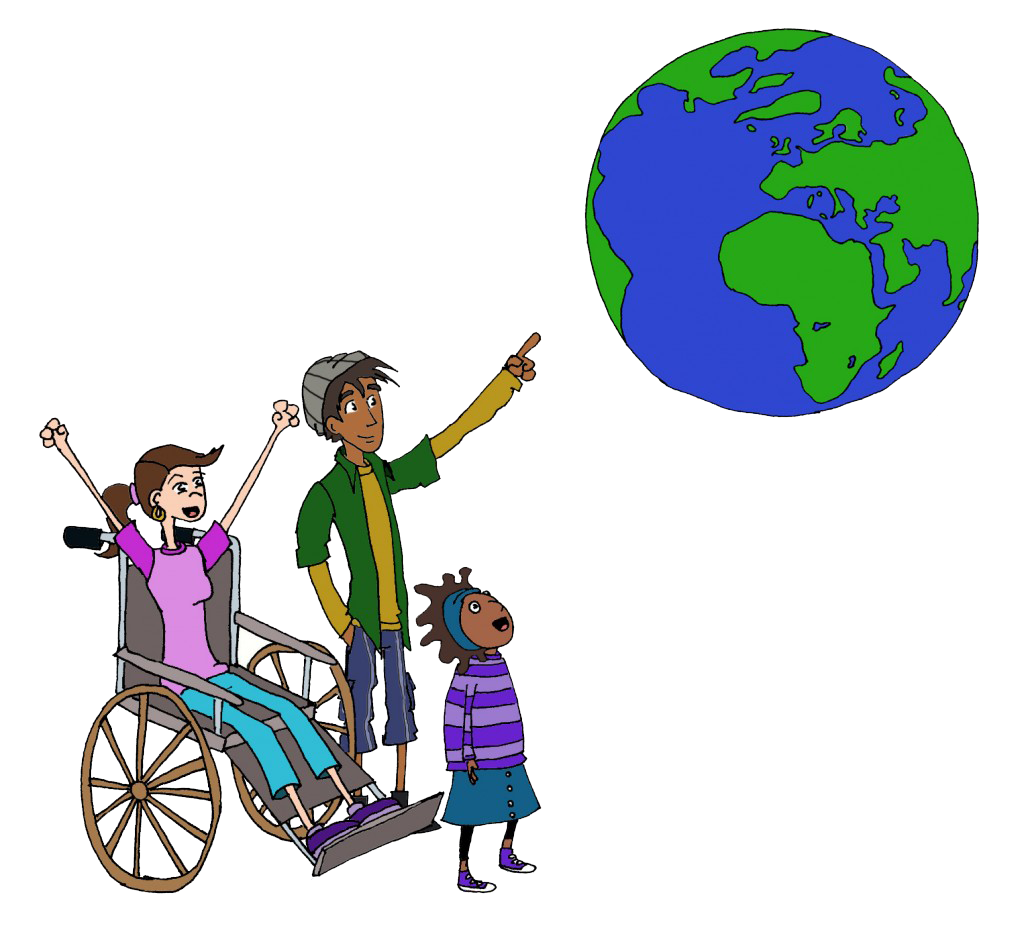
Does OPIC Apply in Your Country?
If you live in one of these countries, you can use the OPIC if you need it:
Albania, Andorra, Argentina, Belgium, Benin, Bolivia, Bosnia and Herzegovina, Brazil, Chile, Costa Rica, Croatia, Cyprus, Czech Republic, Denmark, Ecuador, El Salvador, Finland, France, Gabon, Georgia, Germany, Ireland, Italy, Liechtenstein, Luxembourg, Maldives, Marshall Islands, Monaco, Mongolia, Montenegro, Panama, Paraguay, Peru, Portugal, Samoa, San Marino, Slovakia, Slovenia, Spain, State of Palestine, Switzerland, Thailand, Tunisia, Turkey, Ukraine and Uruguay.
If your country does not appear in this list, it means that your government has not yet ratified the OPIC. This means that it has not yet agreed to what the OPIC says and has not yet allowed you to complain to the UN if your rights are violated.
What Can You Do?
If your country has not yet ratified OPIC, you can encourage them to do so by telling them why you think it’s important.
Here are some things you can do:
- Talk about the OPIC to your friends, in your school, in your club or organisation, and explain what it is about and why it matters to you;
- Share information and provoke discussions on the Internet and via social networks;
- Ask organisations or people you know, like your local children’s rights contact person or your teacher, where you could bring up this issue in your town and encourage them to start a campaign for the ratification of the OPIC;
- Join forces with friends and organisations involved in a national campaign to get your country to ratify the OPIC.

Resources
Video by Young Voices Group of Save the Children in Mongolia, in the context of side event: “A case for the ratification of the Optional Protocol to the Convention on the Rights of the Child on a Communications Procedure (OPIC)” held in NYC in November 2019.



